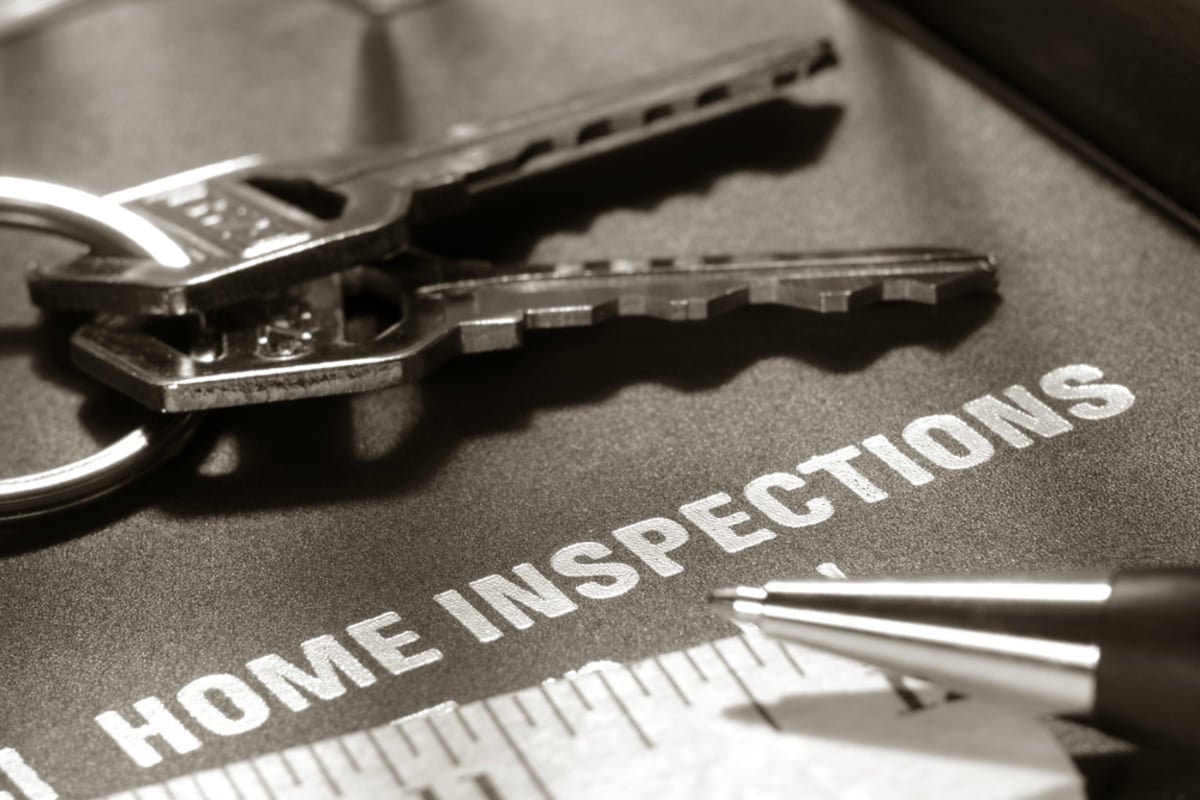As a Charleston property management expert, we know that property owners expect that renters sign their leases with the belief that they'll be able to pay their rent for all subsequent months—after all, these costs are not a surprise. However, the recent COVID-19 pandemic has upended many traditional expectations: people who thought their incomes were stable suddenly found themselves without a job in March and April—and stuck in prolonged unemployment waiting lines.
Of course, as the property owner, you've got bills to pay yourself—and you rely on the rent payments that your tenants deliver. As we move into May with Governor McMaster's stay-at-home order lifting across South Carolina, it's a smart move to explore the financial realities your renters are facing. May rent is now due, and if there is genuine hardship and you have the flexibility to offer solutions, you might win a lot of goodwill for creating alternative arrangements.
Here's what property owners need to consider moving forward when it comes to rent collection and your renters in the wake of COVID-19.
Keep in mind: These suggestions are just that—suggestions. They do not act as a suitable substitute for sound legal advice. If you're in dire need of direct action and assistance, get in touch with a professional attorney or your Charleston property management provider!
The Rent Is Still Due
One important thing to emphasize is that the pandemic hasn't changed that you've rendered a service (providing safe rental housing for your renters) and that you have to collect rent if this is to be maintained. Rental properties have overhead in the form of property taxes, maintenance, and a mortgage: to keep operating great rental housing, you have to be able to pay for it!

This doesn't mean that you should discount the potential of a payment plan. Making sure your renters understand that rent is still due—but offering solutions to how to pay it is crucial right now for many of your renters. However, if you operate multiple units, even tenants who can pay their rent would happily take a reduction or waiver if you offered one across the board.
If you decide to offer payment plans on an as-needed basis, make sure that any plan you offer could be applied to everyone to avoid discrimination in the event that this becomes a talking point among your residents. As a Charleston property management provider, we also recommend that you practice compassion and professionalism in equal amounts: the rent is something your renters agreed to pay in advance—even during a crisis.
What Can Your Renters Afford Now?
- Use your access to digital communication (email is a great method, here) and reach out to your renters. Encourage them to approach you if they've experienced hardship.
- Ask for some form of evidence of the loss in employment, and ask what they can pay you and what their plans are moving forward.
- Be as kind as possible with this question: so many people aren't sure when they'll have work again, but most people by this point are either actively searching or in touch with their former employers.
Starting to gather details now can help you plan moving forward, even if some things are still up in the air.
What Can You Afford as the Property Owner?
The next step, once you've heard from your renters, is to crunch the numbers.
- What kind of hardship does their proposed schedule pose for you?
- Do many of your renters have the option to work from home?
- Are all of your tenants experiencing the same financial squeeze?

It's a good rule of thumb not to nail down the details on a specific payment plan structure until you can look at your books honestly. As a professional Charleston property management company, we know this ultimately protects both you and your renters from agreeing to something unsustainable.
When you work with your tenants on a payment plan, such as paying less for two months and adding the rest in increments to their rent down the line, you may find that you don't experience too much push-back. If you have to accept that someone will not be able to pay at all, and are unlikely to be able to pay at all in the future, it's a different calculation. It's also an open question: sometimes, a month of lost revenue may be well worth the effort to find a new renter. However, if they have a history of being a reliable renter, there may be a way to make this work.
Through it all, your policies and choices must be documented and rigorously reviewed. You don't want to discriminate for any reason, and your decisions should be based solely on the actual evidence pertaining to each case. Letting personal closeness, for instance, be part of why you give some tenants a rent reprieve and take others to task can create a lot of trouble—including possible legal liability.
Start Small During the Crisis, Then Raise the Rate Gradually
- If you decide to work out a payment plan, make sure that you keep in mind the best estimates experts are providing as to when people in each industry will be back on their feet.
- If you can create a payment plan that keeps renter expenses low during the months of crisis and slowly ramps back up, you will garner a lot of goodwill and loyalty.
- Tenants who are experiencing a lot of stress will be happy to discover that they can sign a new payment plan with you to reduce one of their pain points.
That being said, don't leave payment plans as "handshake deals." Write out what you've agreed to, especially what the tenant says they can do, and add it as an addition to the lease. A tenant who claims the ability to pay their fairly-low payment plan rent and then repeatedly misses it may be taking advantage of your kindness—not genuinely doing their best. Written deals help everyone stay on track, with fewer miscommunications or debates down the line.
You can also turn to a Charleston property management company to help guide you and take on this task for you. The professionals have experience working with rent collection, and they have resources in place to ensure that they always document transactions like payment plans.










